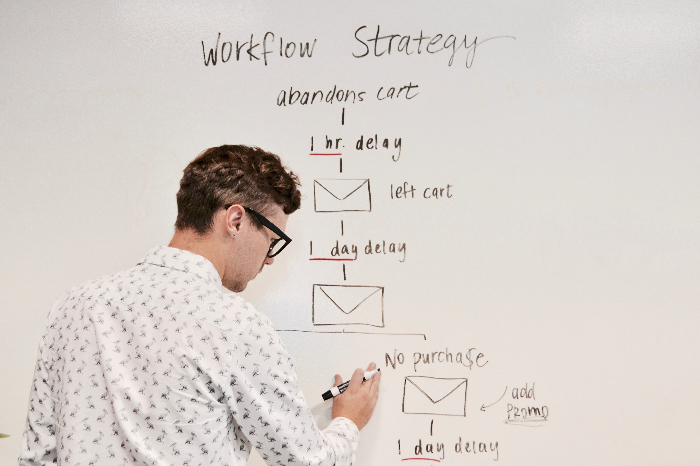Collaboration
Collaboration is an essential part of task management, especially in team settings. Here are some tips for collaborating effectively with team members on tasks:

Task Management category interest
Communication strategies: Effective communication is key to successful collaboration. Use clear and concise language, actively listen to others, and be open to feedback. Use a communication tools to keep in touch with team members, schedule meetings, and share information.
Project management tools: Project management tools can help you track tasks, assign responsibilities, and monitor progress. Use these tools to set deadlines, assign tasks to team members, and track progress in real-time.
Shared workspaces: Shared workspaces can help you collaborate on documents and files. Use these tools to share files, comment on documents, and collaborate in real-time.
Roles and responsibilities: Clearly define roles and responsibilities for each team member to avoid confusion and ensure accountability. Use a project charter or a project plan to outline the scope of work, the roles of each team member, and the timeline for completion.
Delegation: Delegation is an important part of collaboration. Assign tasks to team members based on their strengths and expertise, and provide clear instructions and deadlines. Check in regularly to ensure that tasks are on track and offer support as needed.
Conflict resolution: Conflict is a natural part of collaboration. Learn to recognize and address conflict early on, and use constructive communication strategies to resolve conflicts. Encourage open and honest communication, actively listen to others, and focus on finding solutions that work for everyone.
In conclusion, collaboration is essential for effective task management. Use communication strategies, project management tools, shared workspaces, clearly defined roles and responsibilities, delegation, and conflict resolution strategies to collaborate effectively with team members on tasks. By working together, you can achieve your goals more efficiently, improve the quality of your work, and build stronger relationships with team members.





